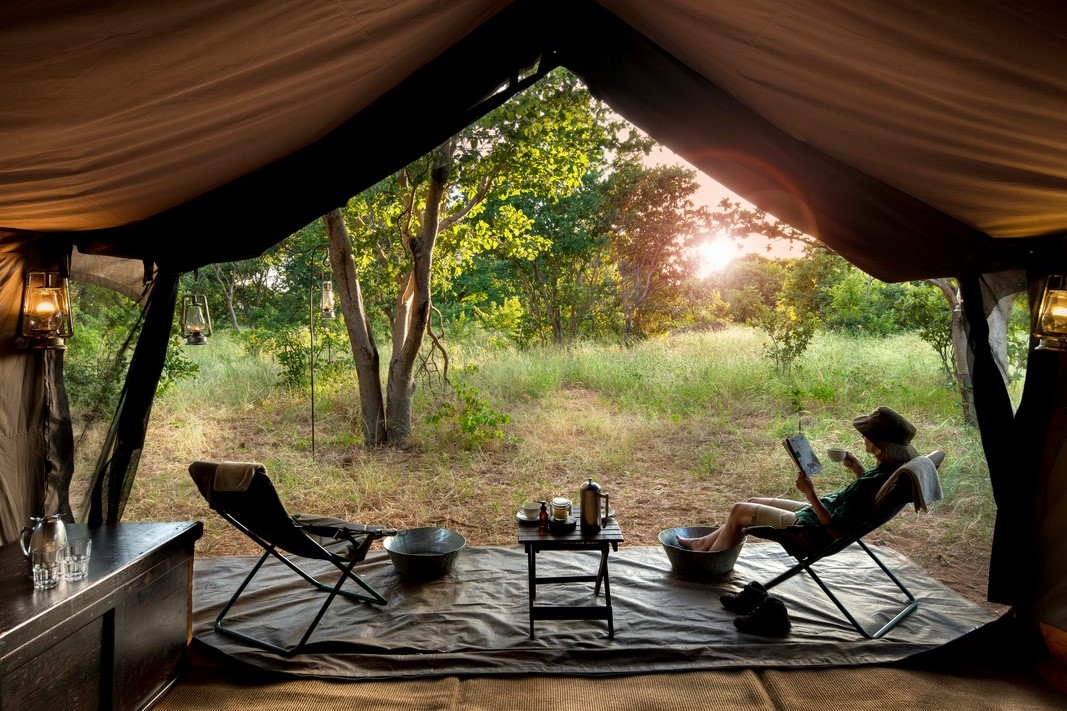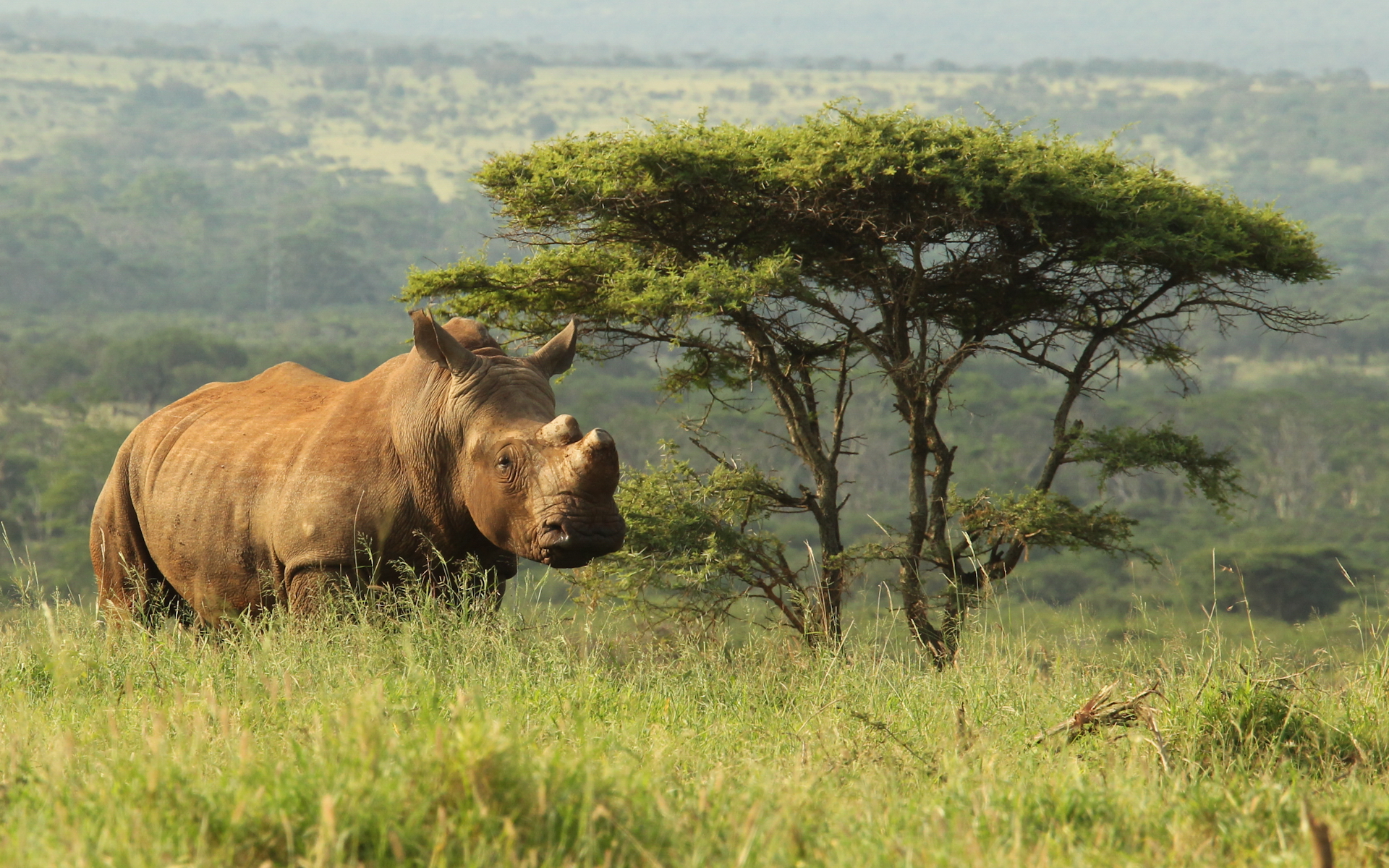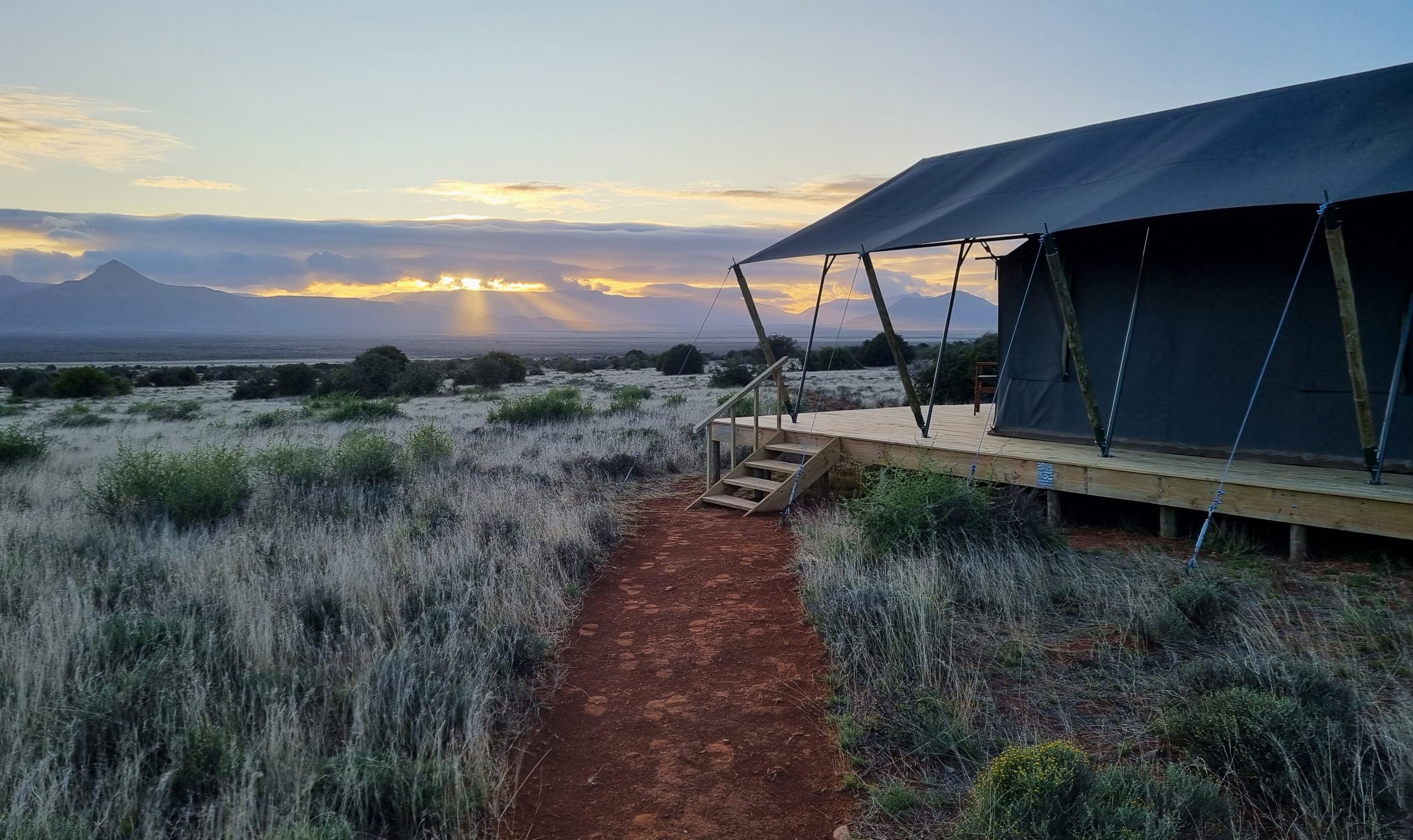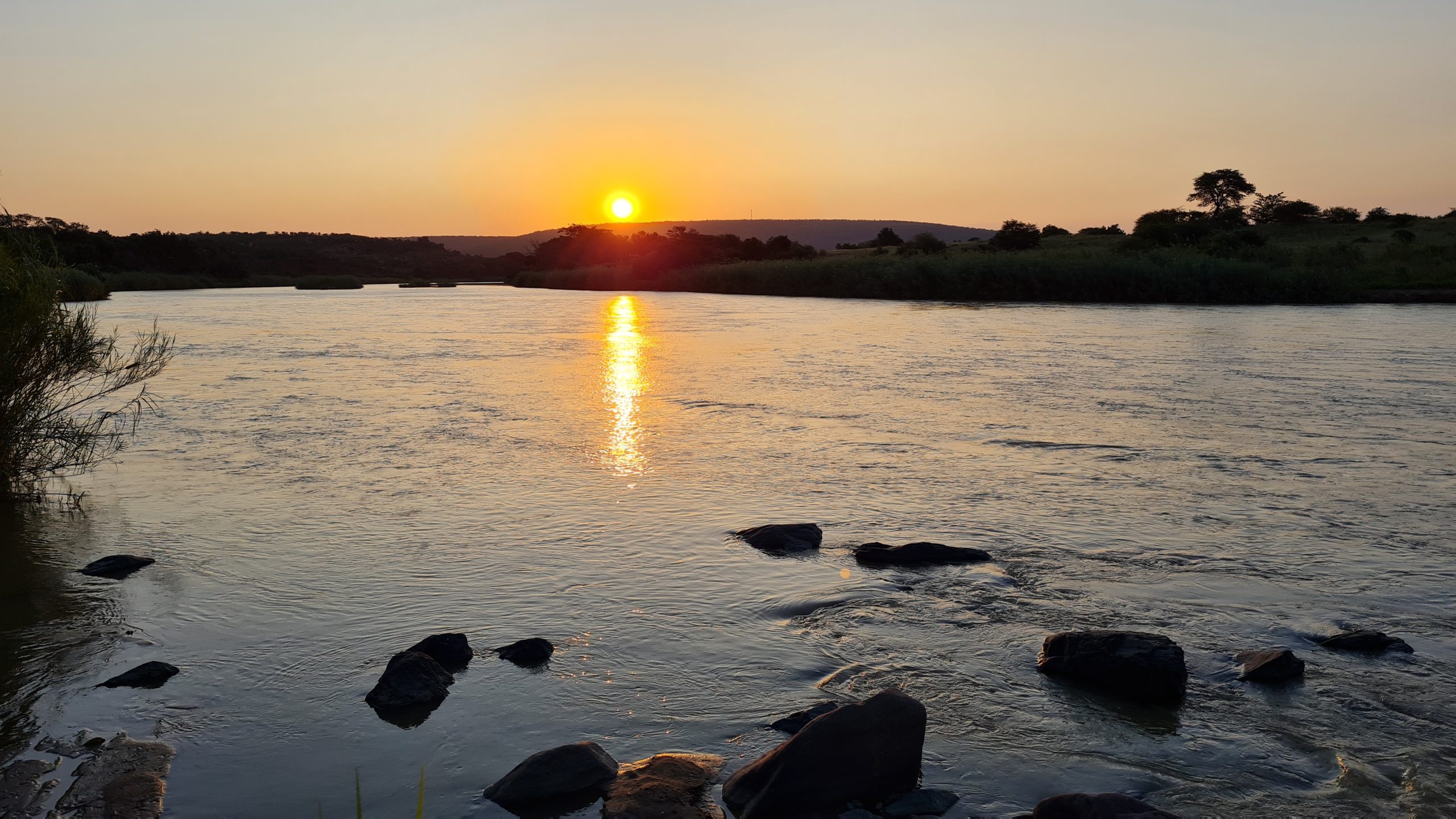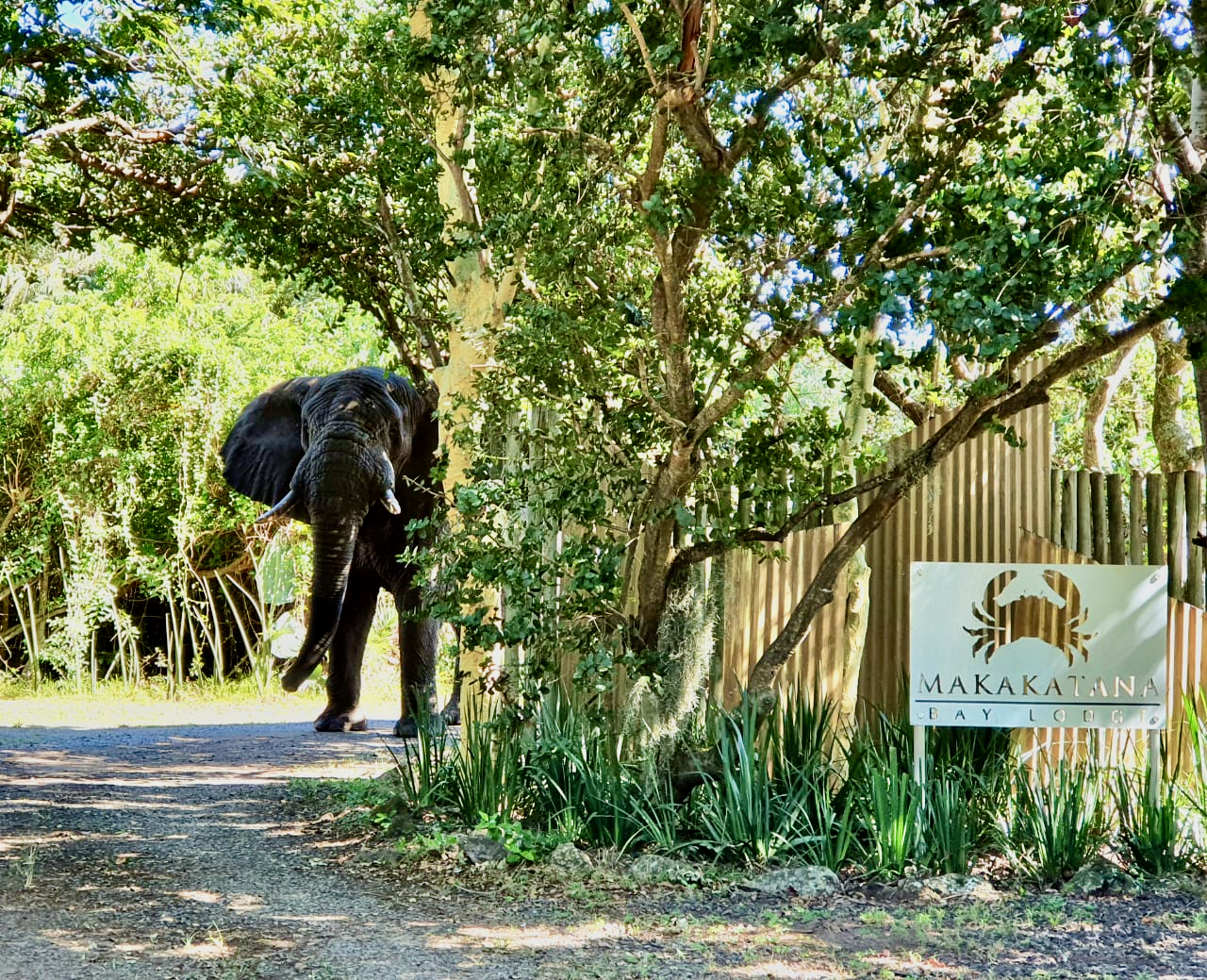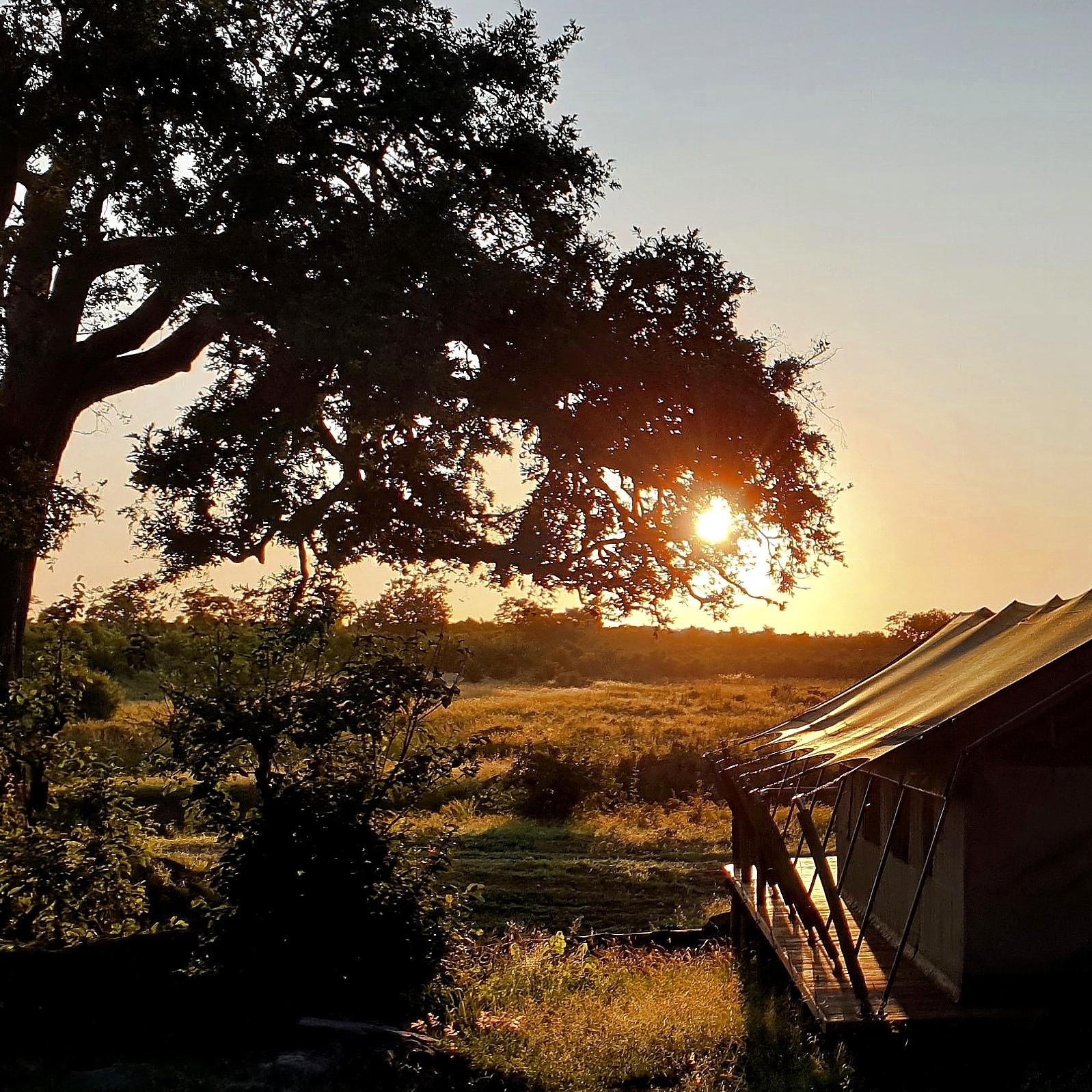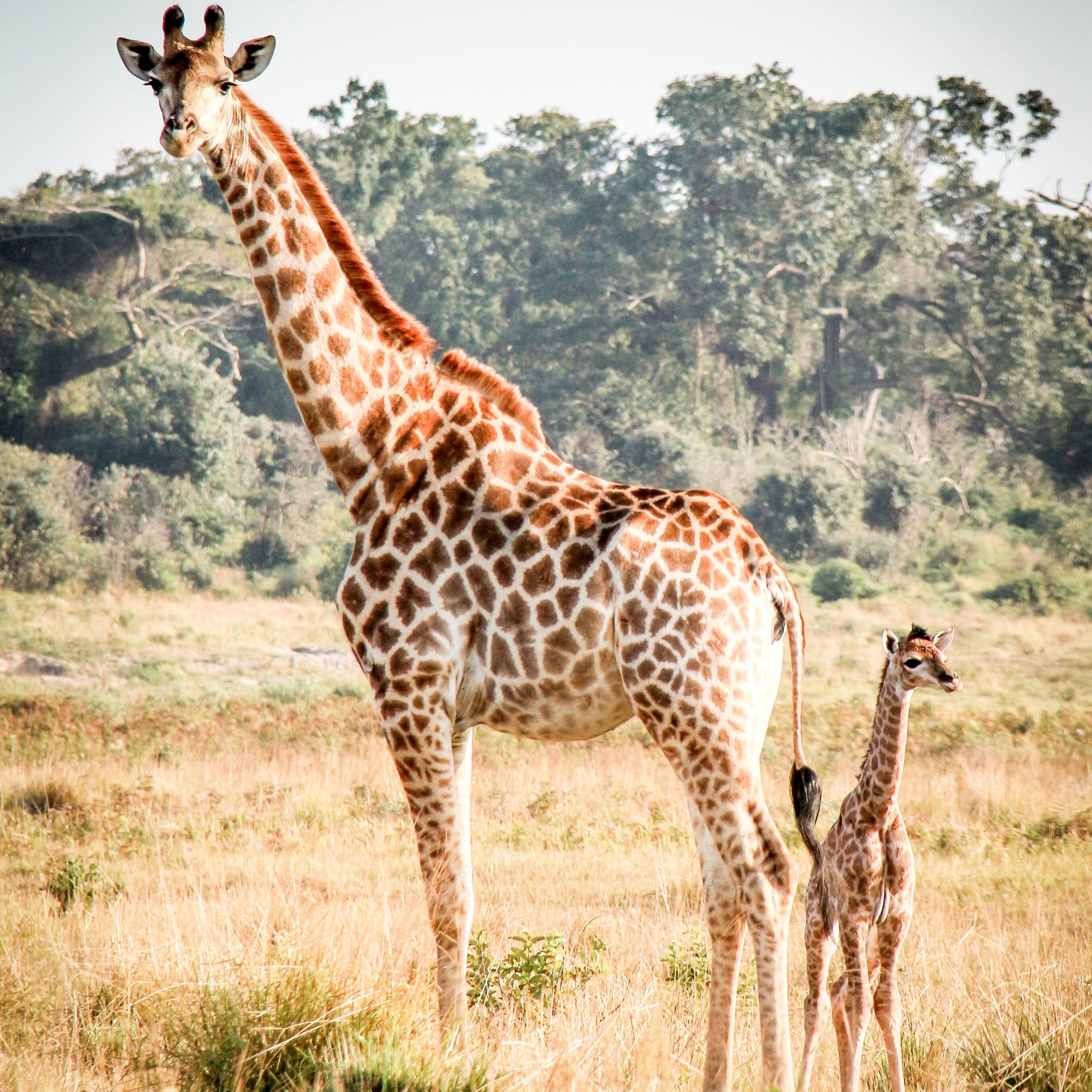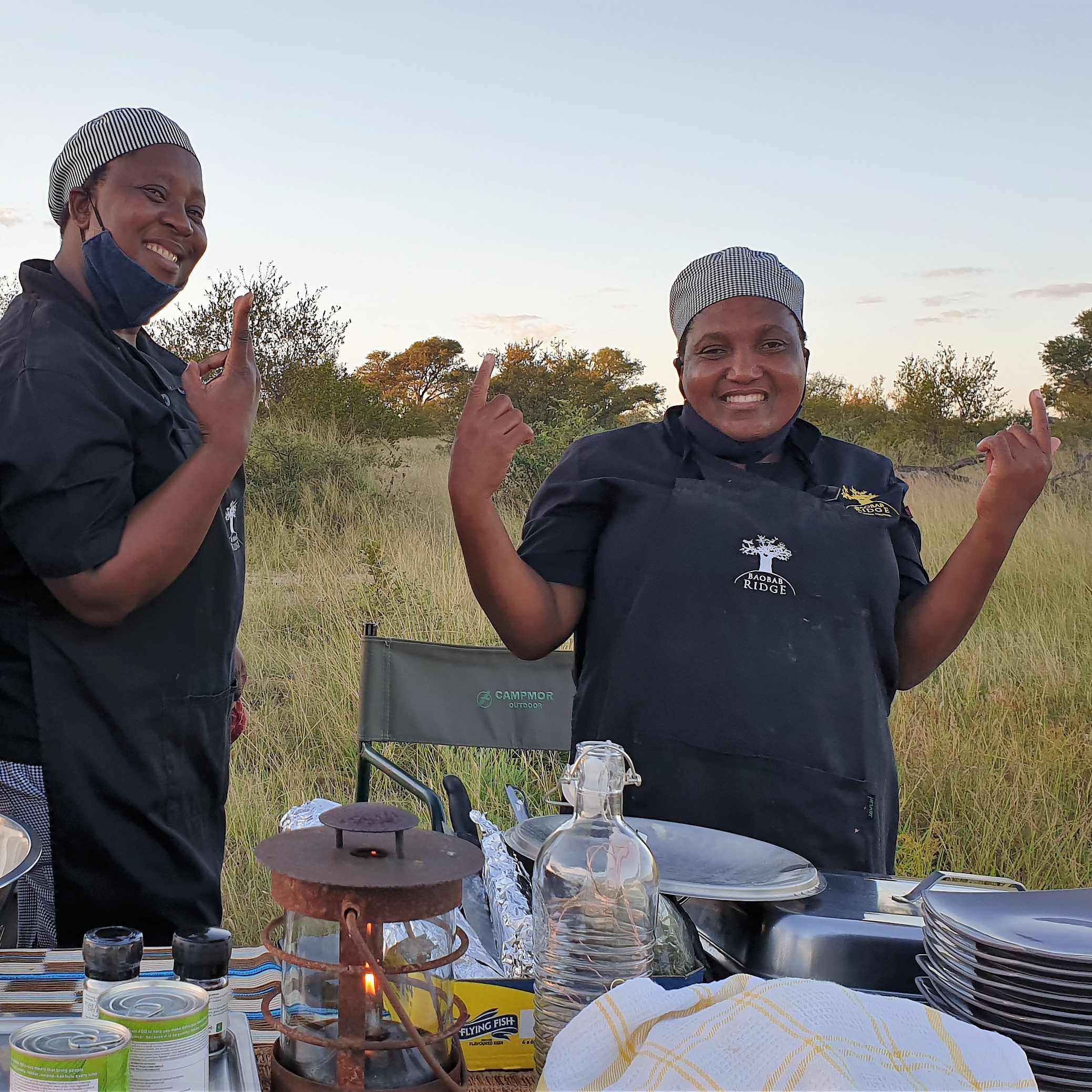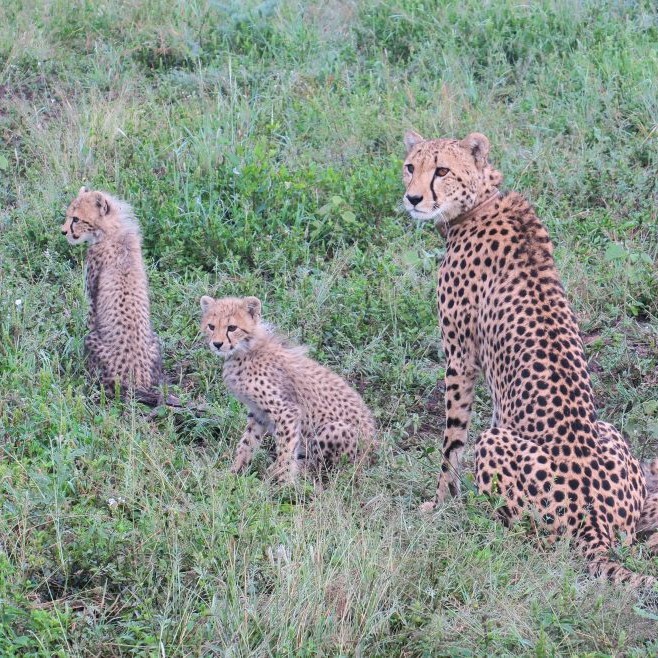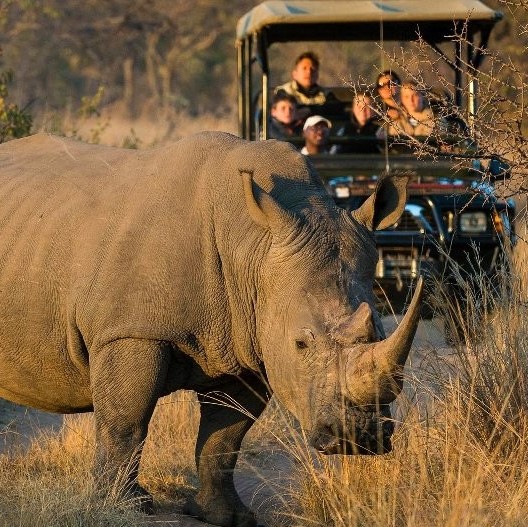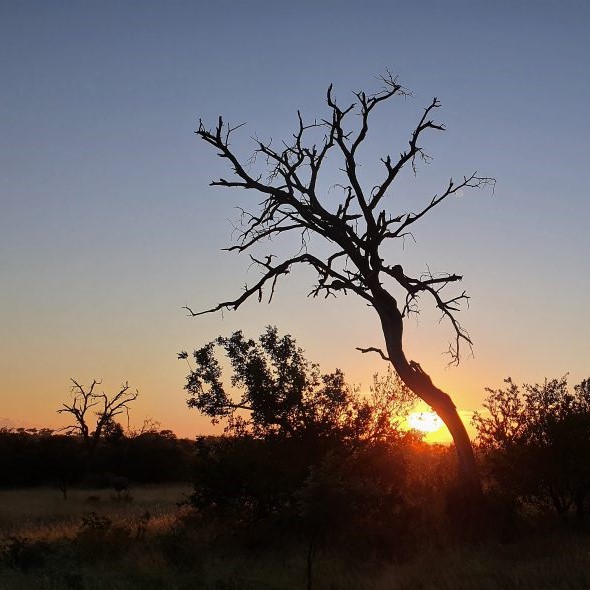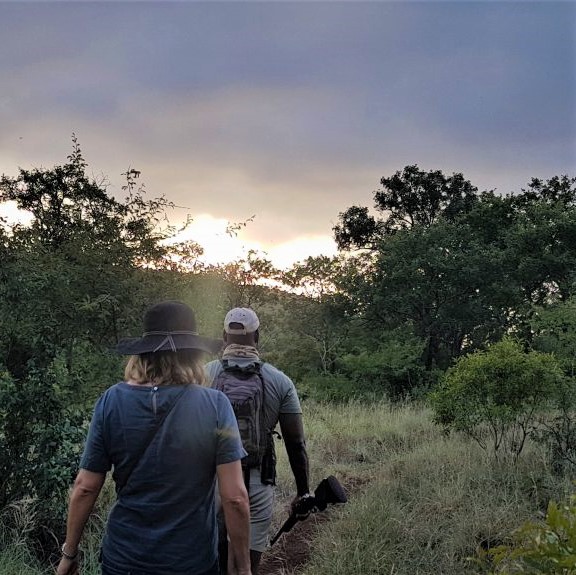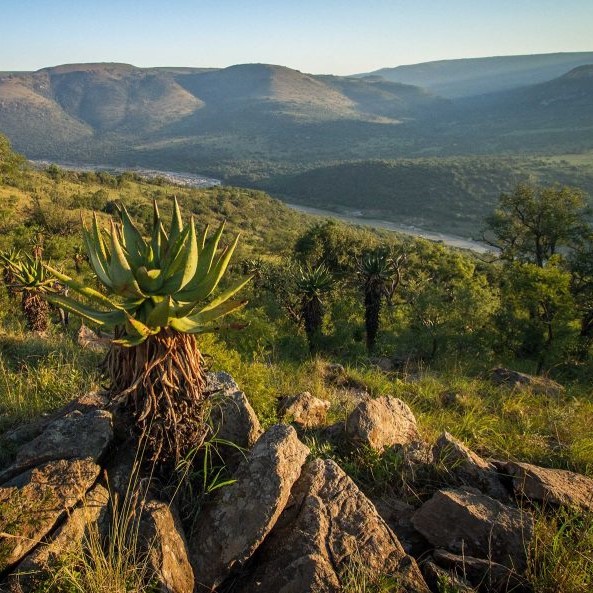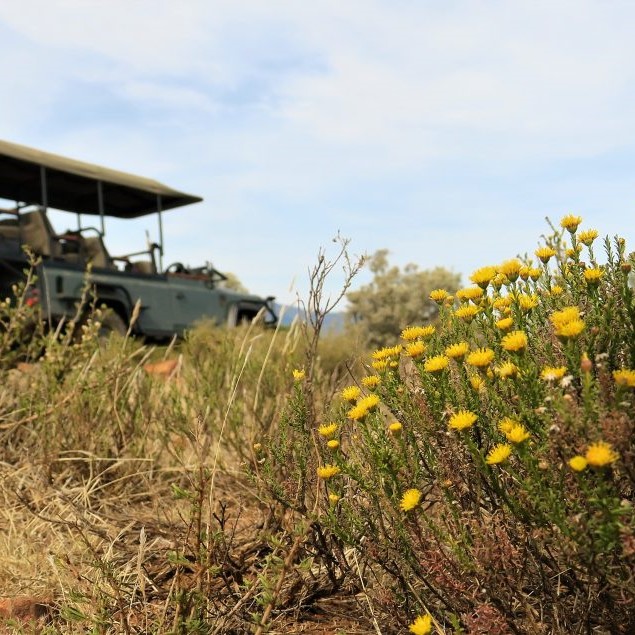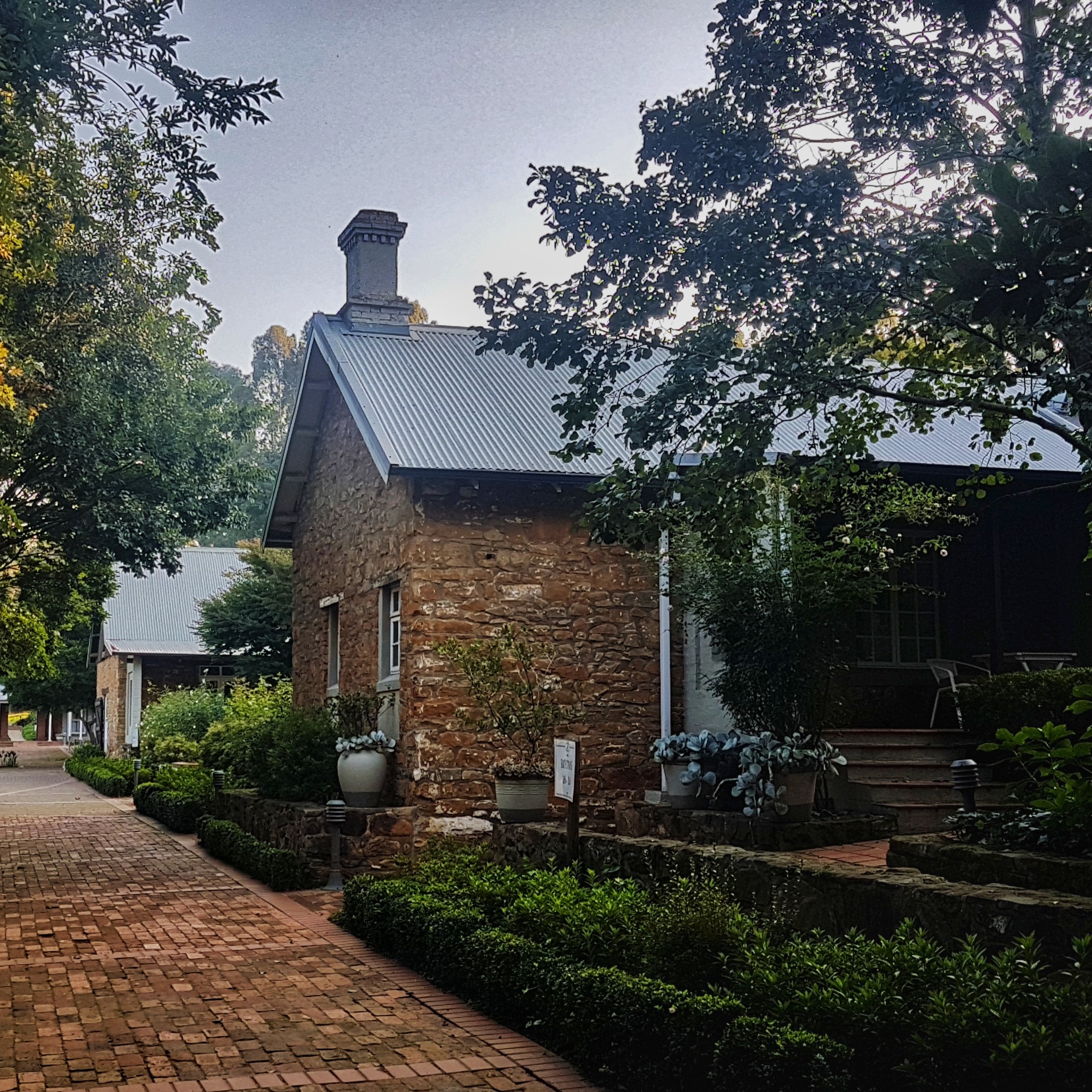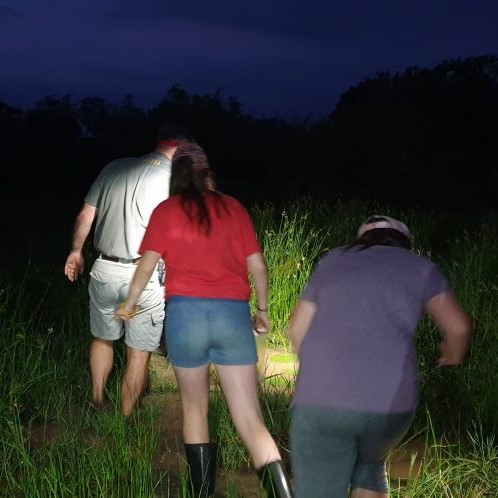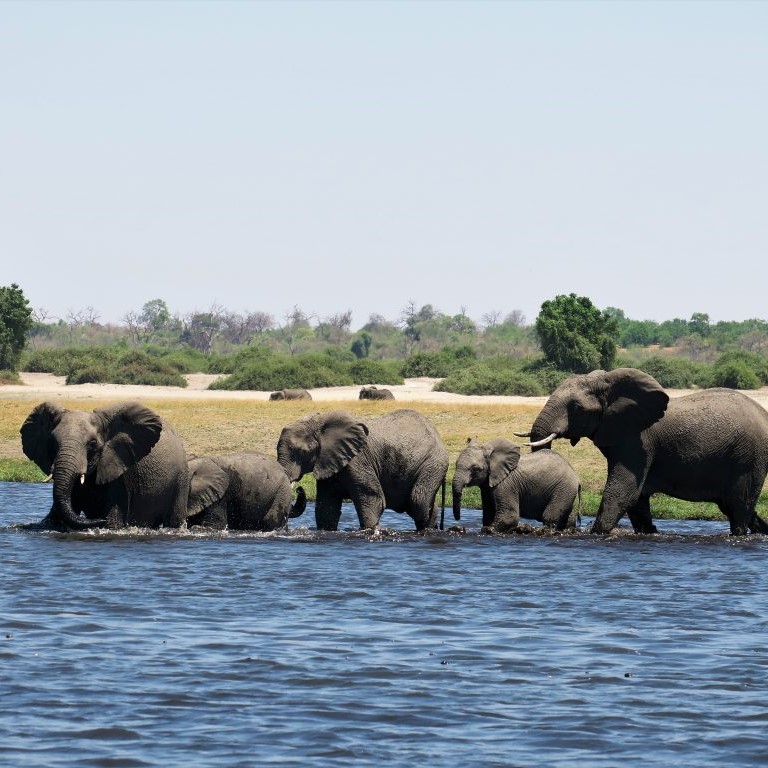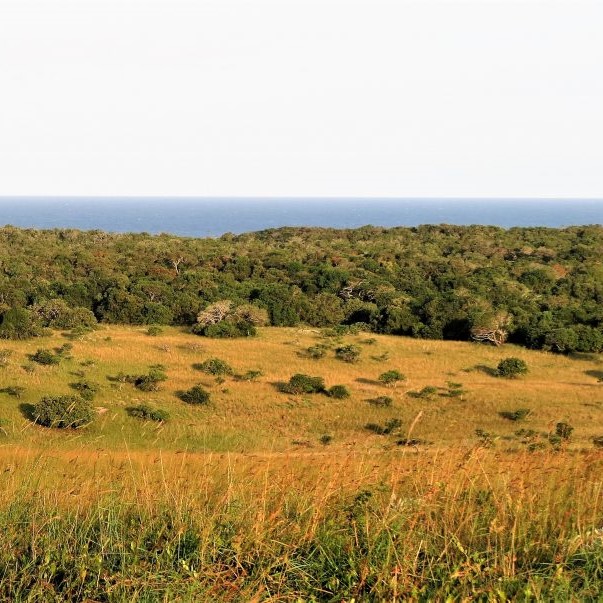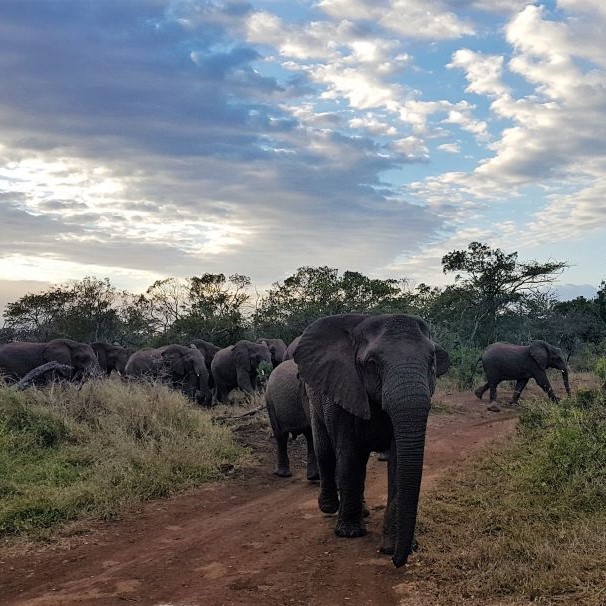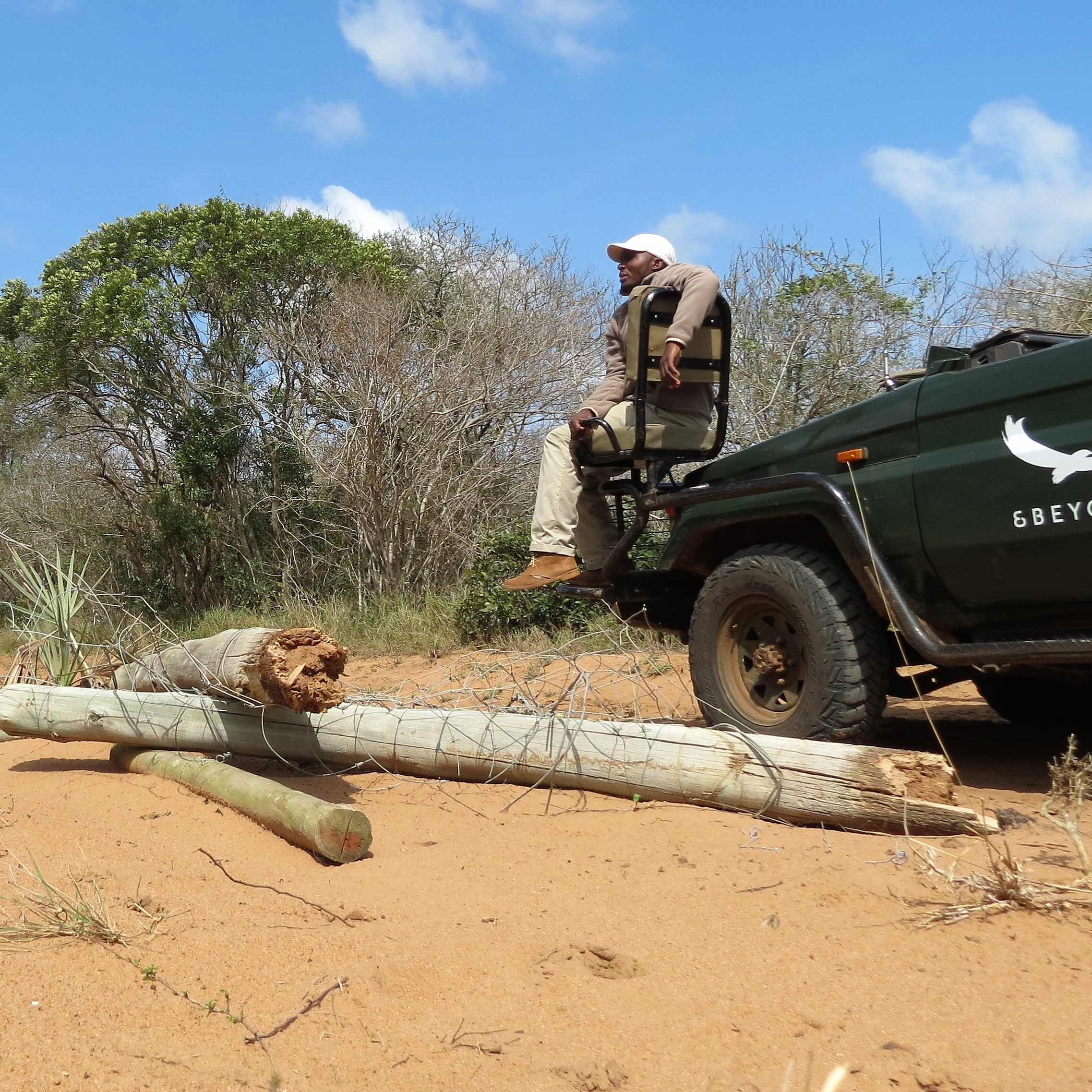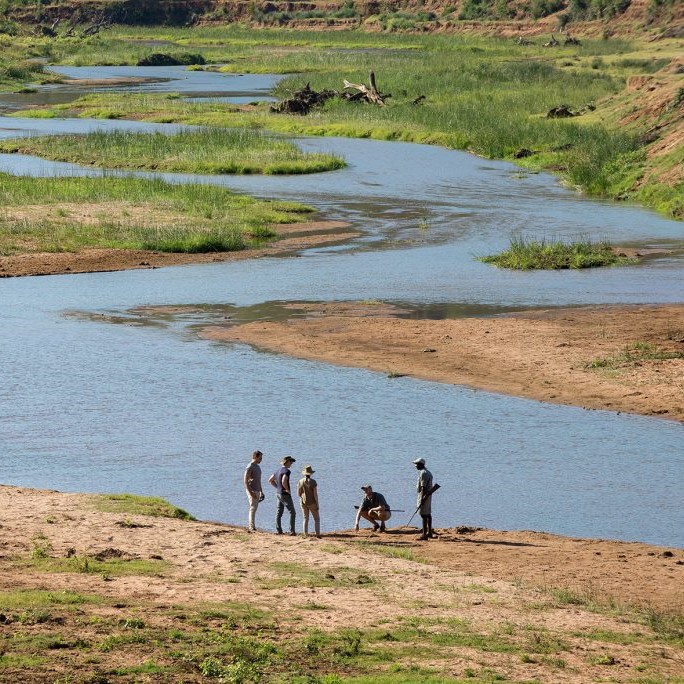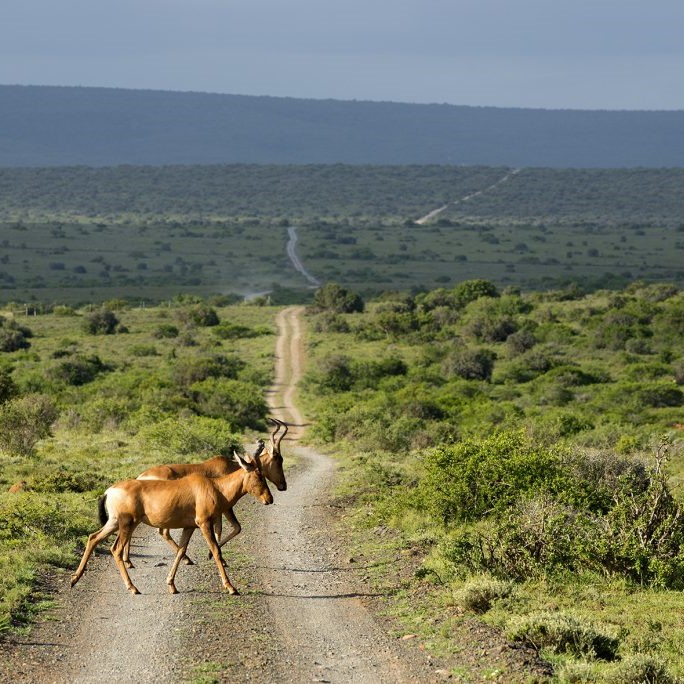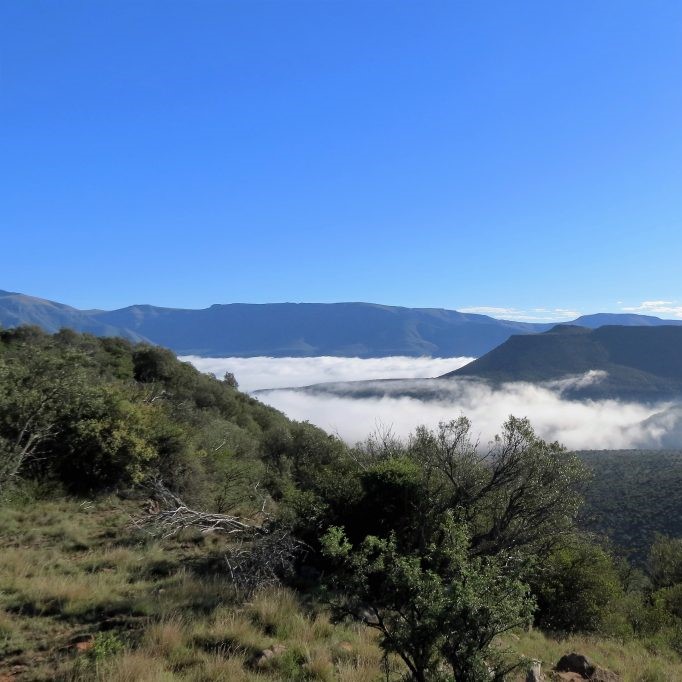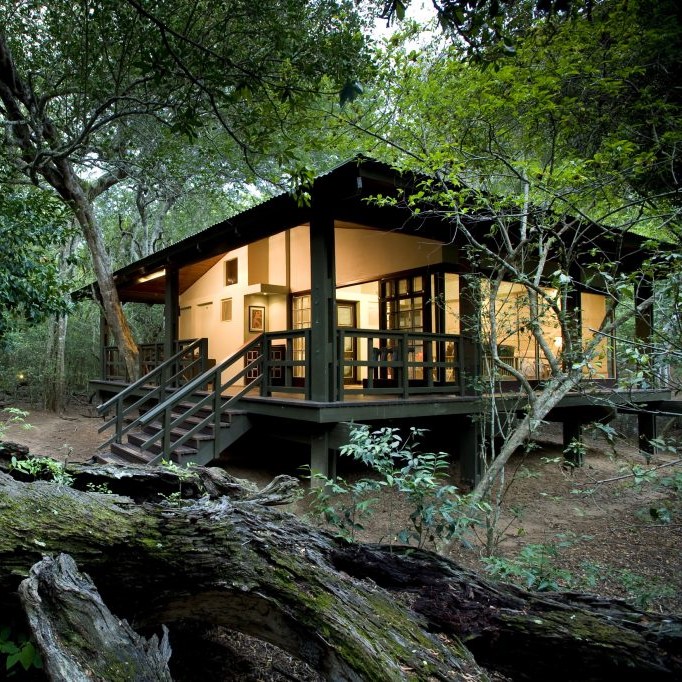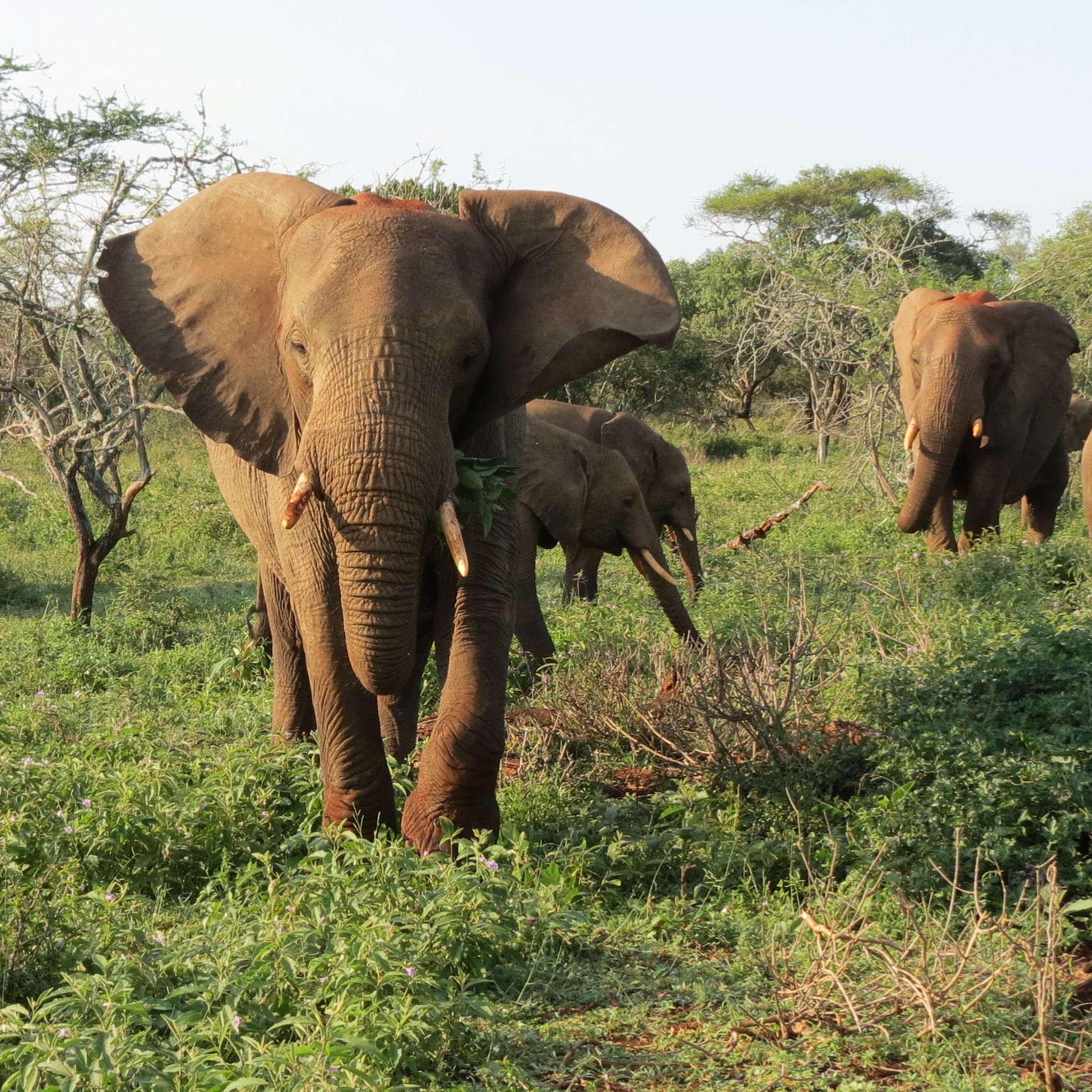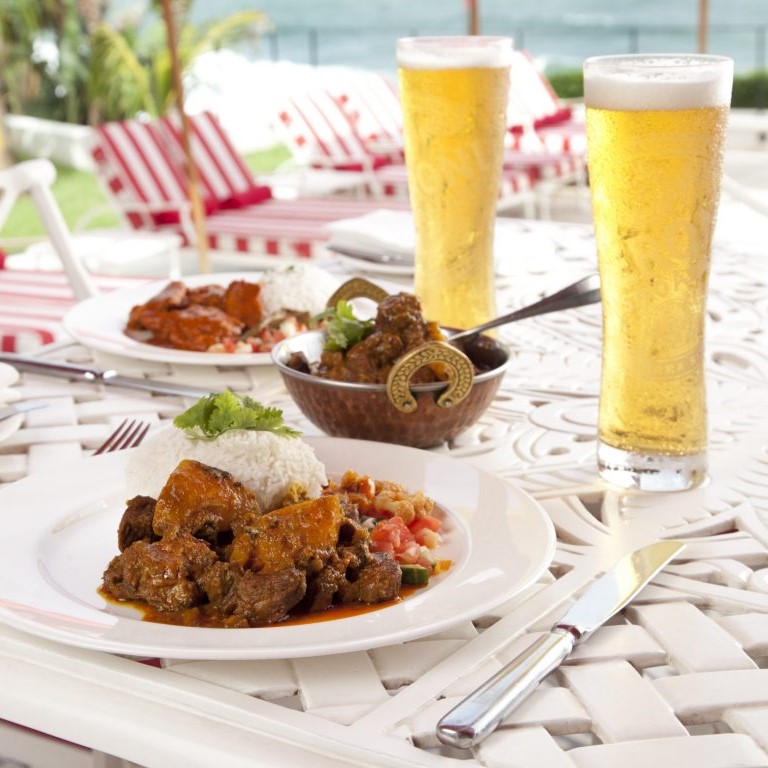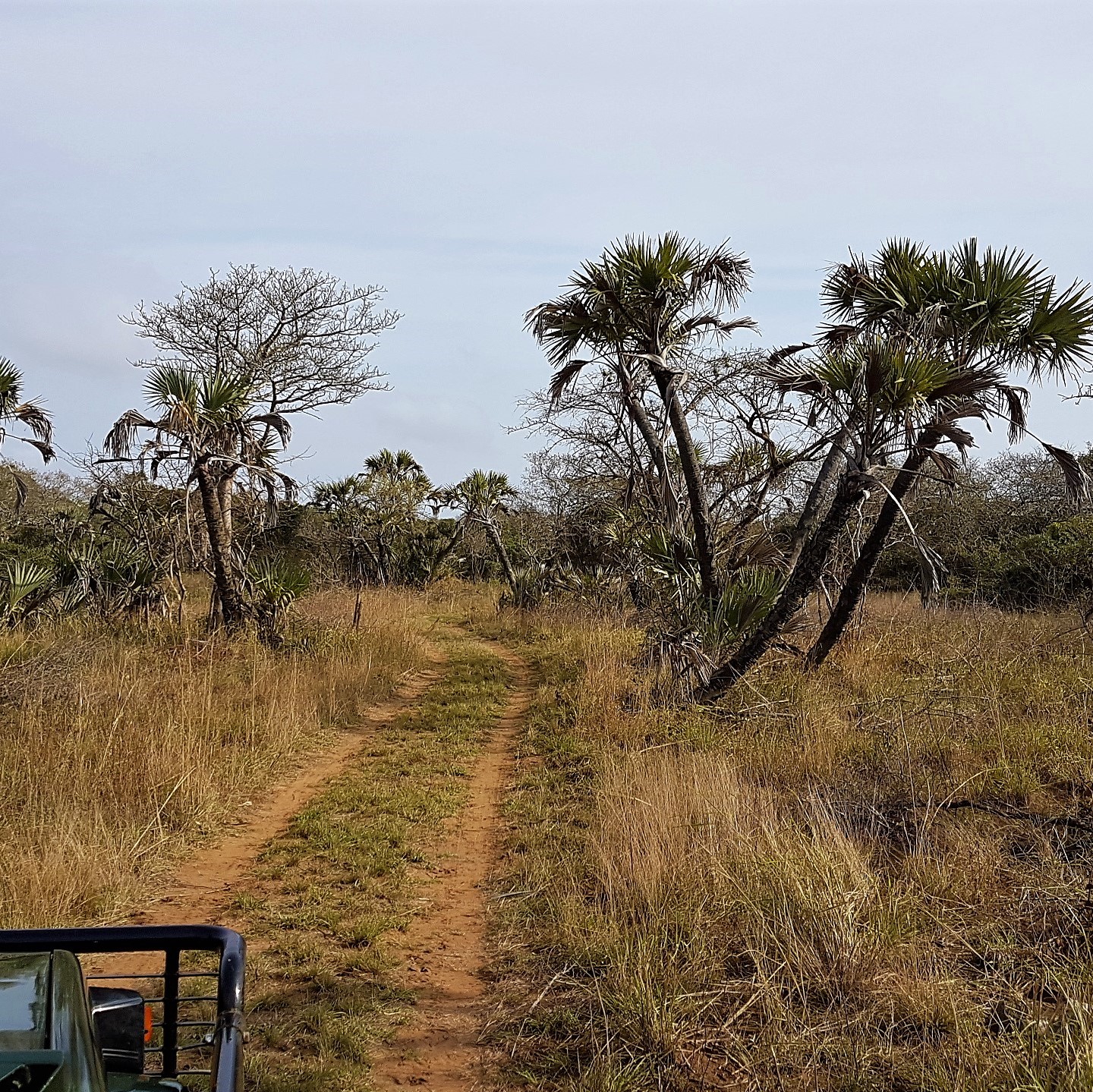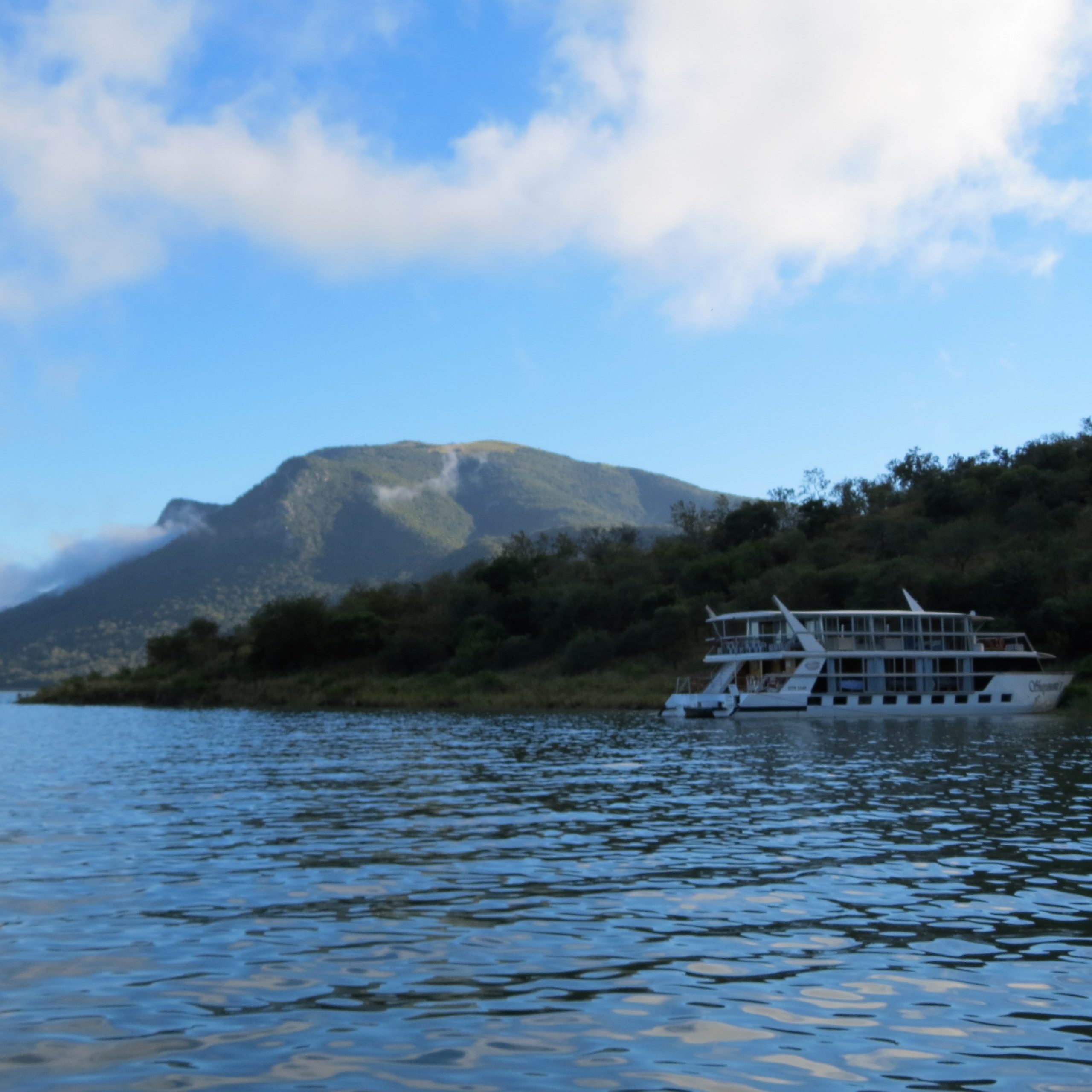A couple of nights in the splendid Biyela Lodge in the mFulaWozi Wilderness Private Game Reserve was just what I needed. The expansive views over the White iMfolosi River with its broad flood plain and steep hillsides, a delight to the eyes and waking up to the melody of a gorgeous bushshrike, a balm for the soul. Nestled into a hillside, my spacious suite, resplendent with its dark toned walls and blends of charcoal and straw, is punctuated blissfully with the abundant use of chartreuse. Not generally my go-to décor colour but in this setting, it brings about an air of decadence and sophistication.
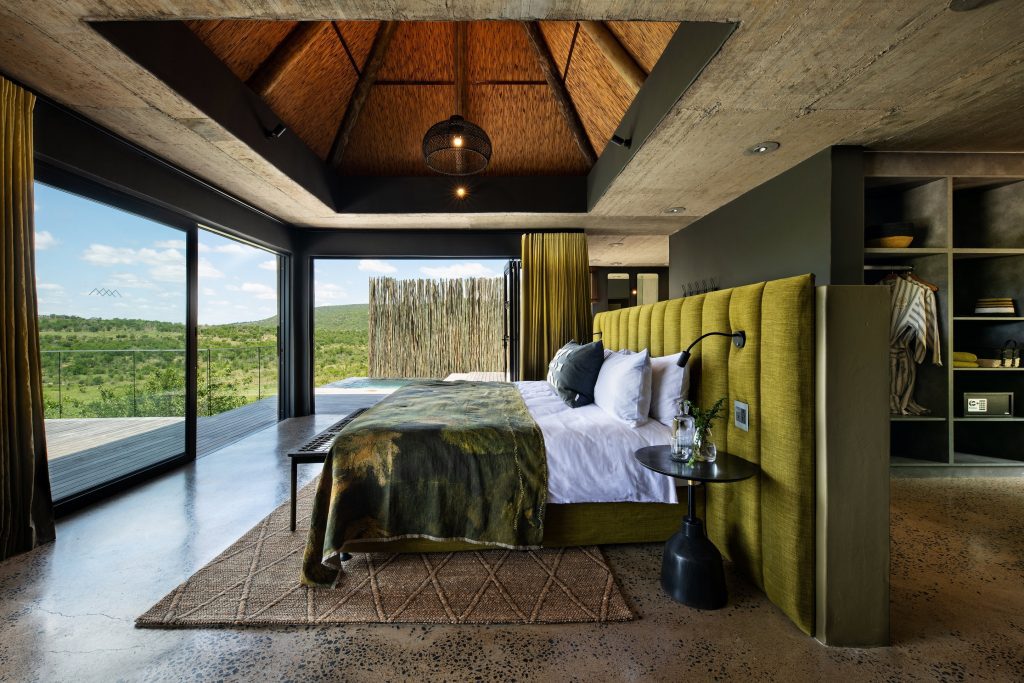
mFulaWozi Wilderness Private Game Reserve, located in the heart of Zululand in KwaZulu Natal, just two and a half hours drive from Durban, is home to sister-lodges Biyela Lodge and Mthembu Lodge. Founded by Barry and Sonja Theunissen, designed by architect Peter Whitehouse, carefully constructed by members of the local Biyela and Mthembu clans, and beautifully decorated by interior designer Michelle Throsslle. I loved that Michelle’s designs incorporated stylish African touches and plentiful use of wood, leather and brass – bush lodge décor reimagined, beautifully.

Both lodges are operated off-grid with solar power, and water sourced from the river below and supplied to the lodge via a filtration plant. The majority of staff come from the local community, with most having never been exposed to the hospitality industry before. I chatted to the lovely Mpilenhle, one of the butlers, she told me that she used to work at the local supermarket, and is now in her spare time, studying to be a legal assistant, with becoming a lawyer being her ultimate dream – something I’m sure she would never have imagined possible before joining the mFulaWozi team.

One of the other lovely lady butlers told me with a laugh that she used to work in construction and was part of the team that built the lodge, and that she is loving the opportunity to learn and grow. She is just one of many that transitioned from construction to hospitality. Sonja tells me that in the first month, before they even began operating, one of the ladies came up to her and said, ‘you’ve changed my life’.
“Although we knew that we would make a difference, we never realised just how much it would mean to them”, says Sonja, “it made me cry”.

This is the difference that tourism in rural areas can make, if it is done right.
And Barry and Sonja have certainly done that with mFulaWozi, their model being one that champions a sustainable model for socioeconomic development within the local communities. Barry tells us that the upliftment of these communities has enabled them to run various initiatives, from building projects in the community to the establishment of community gardens, which in turn has enabled them to create a resilient economic environment.
He tells that Nkosi Biyela’s grandfather had in the past tried to have a portion of their land made into a game reserve. ‘He was a visionary back in the day to think of it’, he says. It wasn’t easy, Barry tells us, as maps mean nothing… but when we took Nkosi Biyela up in a helicopter, he knew all the boundaries, each significant tree and rocky outcrop. Following Zulu tradition, meetings were held under a tree with the community present, and agreements made were settled with a handshake. It must, I think to myself, be very satisfying for Nkosi Biyela to know that he has finally made the dreams of his grandfather come true.
I ask Barry about lodge ownership. He tells me that they have a long lease on the land, and that they have legal arrangements in place that once the lodge is well established the community will be able to ‘buy back’ part of the lodge through funding that he has arranged with the bank. This would then free up resources to enable him to continue with the other phases, which is to incorporate the conservation areas already committed to by other neighbouring clans, who he tells us, are already asking when they will get their lodge built.
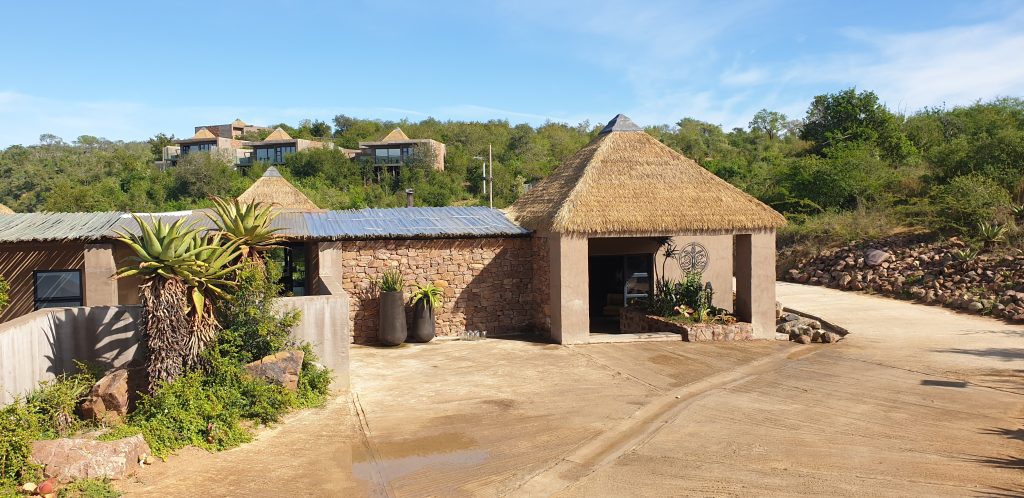
Not only is Barry’s dream a blueprint for a future where humans and wildlife can live and thrive together, it is also mFulaWozi’s legacy to commit to the preservation and conservation of Zulu culture. Located in the heart of Zululand, mFulaWozi offers a unique insight into Zulu history and culture, as well as the wilderness and wildlife that has always been a significant part of Zulu life. Historically it is known that Shaka Zulu conserved this land to protect the endemic game as part of his hunting ground and conservation area, and that historians, academics, and conservationists have long dreamed and motivated for a sustainable ecotourism node of this vast scale and importance to be established in this region.
The establishment of mFulaWozi Wilderness Private Game Reserve, which stretches across 16 000 hectares of untouched bushveld, 6000 hectares of which have already been incorporated into the Hluluwe iMfolozi Park, the oldest proclaimed nature reserve in Africa, goes a long way to achieving this. Following the dropping of fences between the parks, large numbers of animals, including the Big 5, are able to traverse the area freely.
The beauty of a safari in the wilderness is that you never know what you’re getting, it’s not contrived, and you’re not limited in the time you spend on a sighting, which makes each one special and more meaningful. “You might see the Big 5, you might not”, Barry says, “but the birding, it’s phenomenal!”
We did, in a sense, get to experience the Big 5… the resonating roar of a lion the soundtrack to sundowners on a sandy section of the river, a white rhino grazing on the flood plain my view while sipping chilled chardonnay and enjoying a light lunch, a small herd of buffalo giving us the beady eye after we disrupted their early morning slumber, a young elephant taking umbrage to our presence with a tiny mock charge and our guide showing us the footprints of the territorial leopard that often hangs around Mthembu Lodge, but is rarely seen.


We gaze over the valley as the early morning mist hang over the White iMfolosi River, watch a Burchell’s coucal fluffs its feathers in the early morning light and later enjoy early morning coffee on the riverbank, ever mindful for elephants as we’d seen fresh dung a little earlier. We see an abundance of birds and loads of zebra, waterbuck and impala, but it is the trees and flowering shrubs that had my attention.
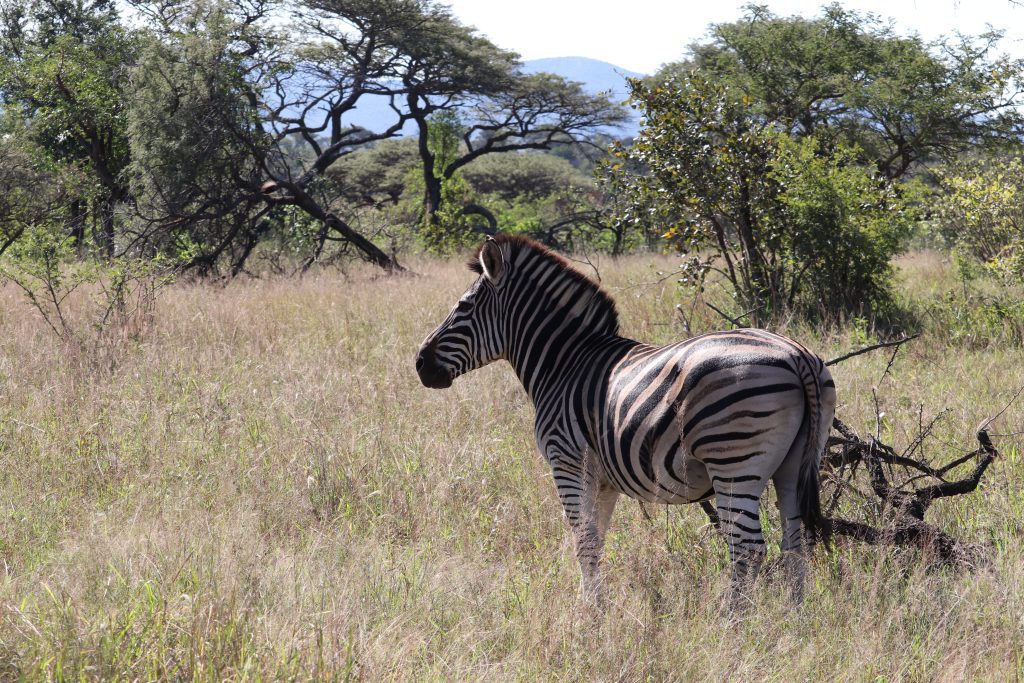
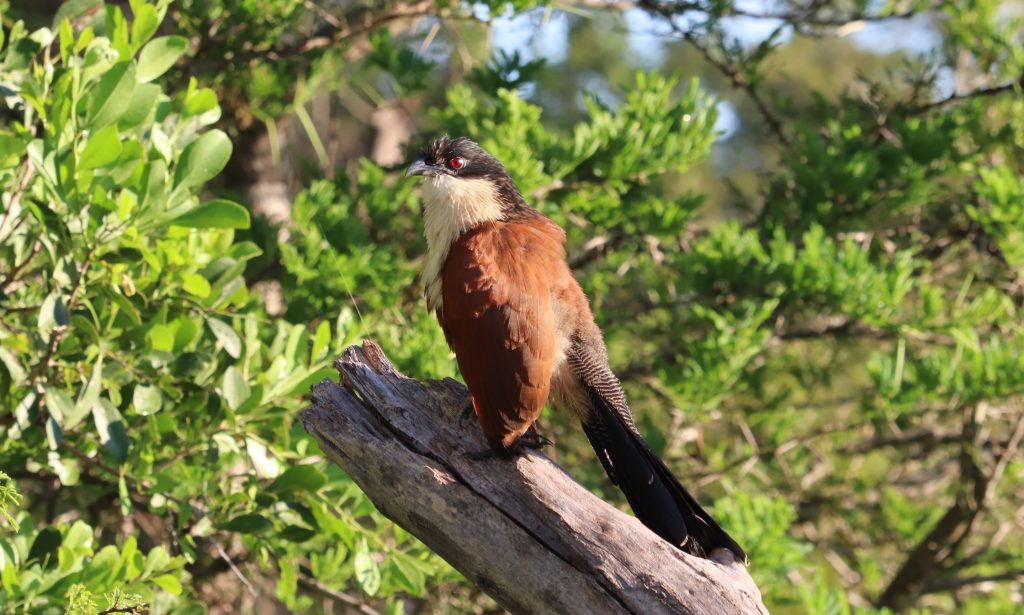
Our mFulaWozi Wilderness guide Lungele, knowing my interest in plants, took his time showing us the reserve’s flora. Such as the giant sycamore figs (Ficus sycomorus) found alongside the river, known as the ‘queen of trees’ due to them being a life-giving source of nourishment to so many species of both bird and animal.
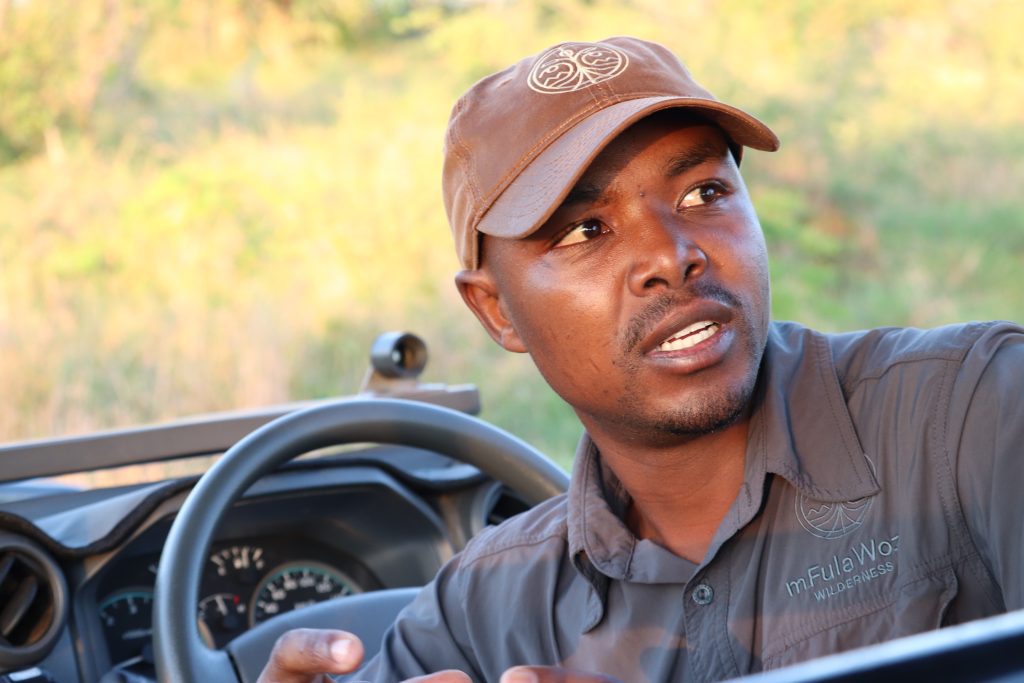
The splashes of white from the flowering spike-thorn (Gymnosporia buxifolia), the monkey orange (Strychnos spinosa) whose seeds are traditionally used for neurotoxic snake bite and that the knobs of the knob thorn (Senegalia nigrescens), when pulverised into a powder, is sniffed for headaches. We learn about the significance of the buffalo thorn (Ziziphus mucronata) in Zulu culture, that when a loved one dies away from their homestead, a twig from the tree is used to collect the spirit of the deceased from where they died to their final resting place.
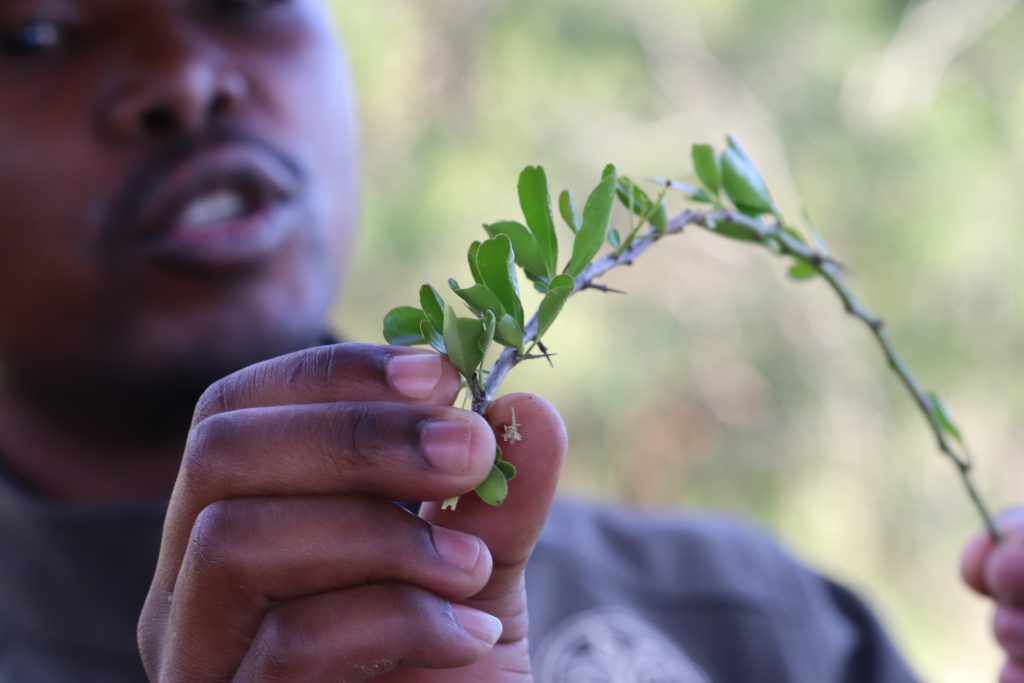
The value of local knowledge, culture and traditions cannot be overemphasised, as it is this that turns a regular game drive into something extraordinary. And changes the Big 5 chaser into a true safari addict.
This unique wilderness area certainly embodies the spirit of the Zulu nation and offers visitors the opportunity to partake in and understand the rich culture, history and biodiversity of the land. And as Barry says, “mFulaWozi’s purpose today is to continue protecting and preserving both the wilderness and its communities for generations to come”.
Click HERE to read story in the digital mag

